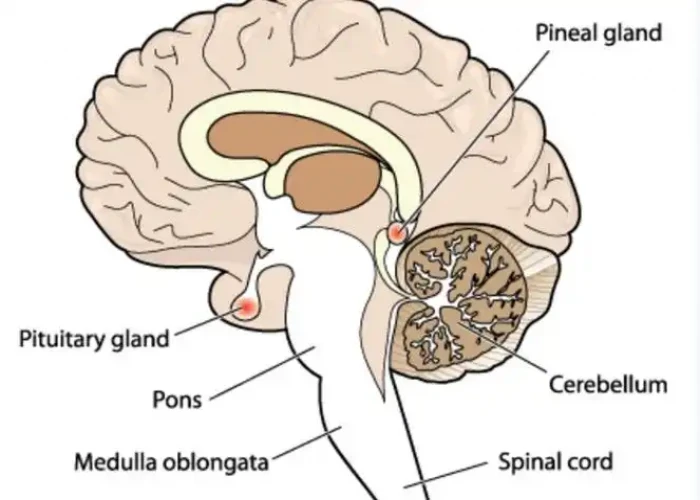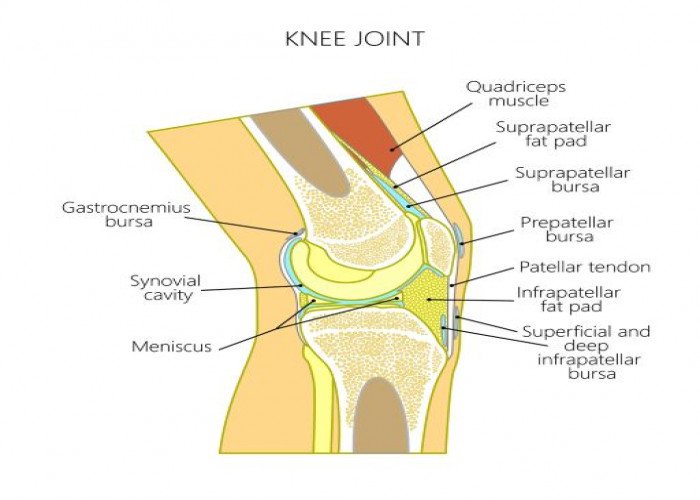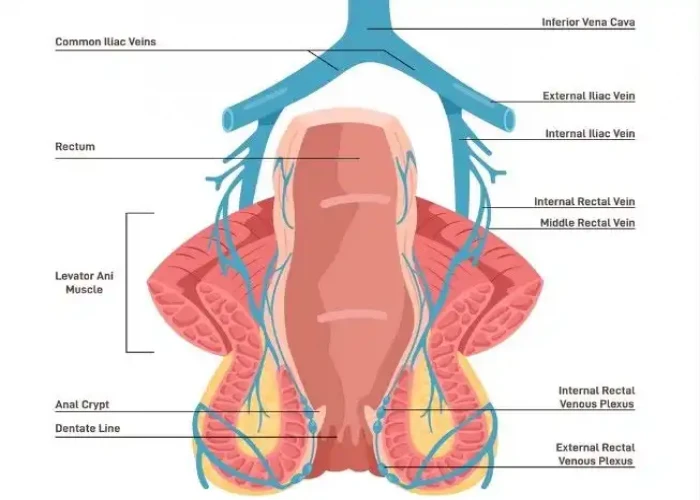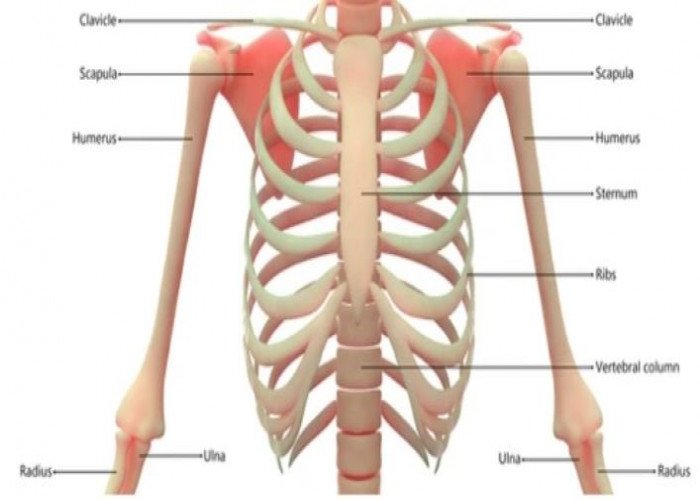 Welcome
Welcome
“May all be happy, may all be healed, may all be at peace and may no one ever suffer."
Salivary glands - Diseases
Salivary glands are glands in the mouth and throat that produce saliva, a fluid that contains enzymes, electrolytes, and mucus. Saliva helps to moisten and lubricate the mouth, making it easier to speak, chew, and swallow food. Saliva also plays an important role in the digestive process by breaking down food and helping to protect the teeth from decay.
There are three pairs of major salivary glands in the human body: the parotid glands, the submandibular glands, and the sublingual glands. The parotid glands are located near the ears, the submandibular glands are located under the jaw, and the sublingual glands are located under the tongue. There are also numerous minor salivary glands located throughout the mouth and throat.
The salivary glands are regulated by the autonomic nervous system, which controls many involuntary body functions. When the body senses the presence of food, it signals the salivary glands to begin producing saliva. Saliva production can also be stimulated by other factors, such as the smell or taste of food, and by the act of chewing.
Salivary gland dysfunction can result in dry mouth, a condition known as xerostomia, which can cause difficulty in speaking, chewing, and swallowing, and can increase the risk of tooth decay and gum disease. Some medications, radiation therapy, and certain medical conditions can also cause damage to the salivary glands and reduce saliva production.

Medulla oblongata Brainstem

Iris Eye

Knee

Small intestine

Anus

Joints

Rib

Brainstem
Salivary glands, Parotid gland, লালা গ্রন্থি
To be happy, beautiful, healthy, wealthy, hale and long-lived stay with DM3S.
